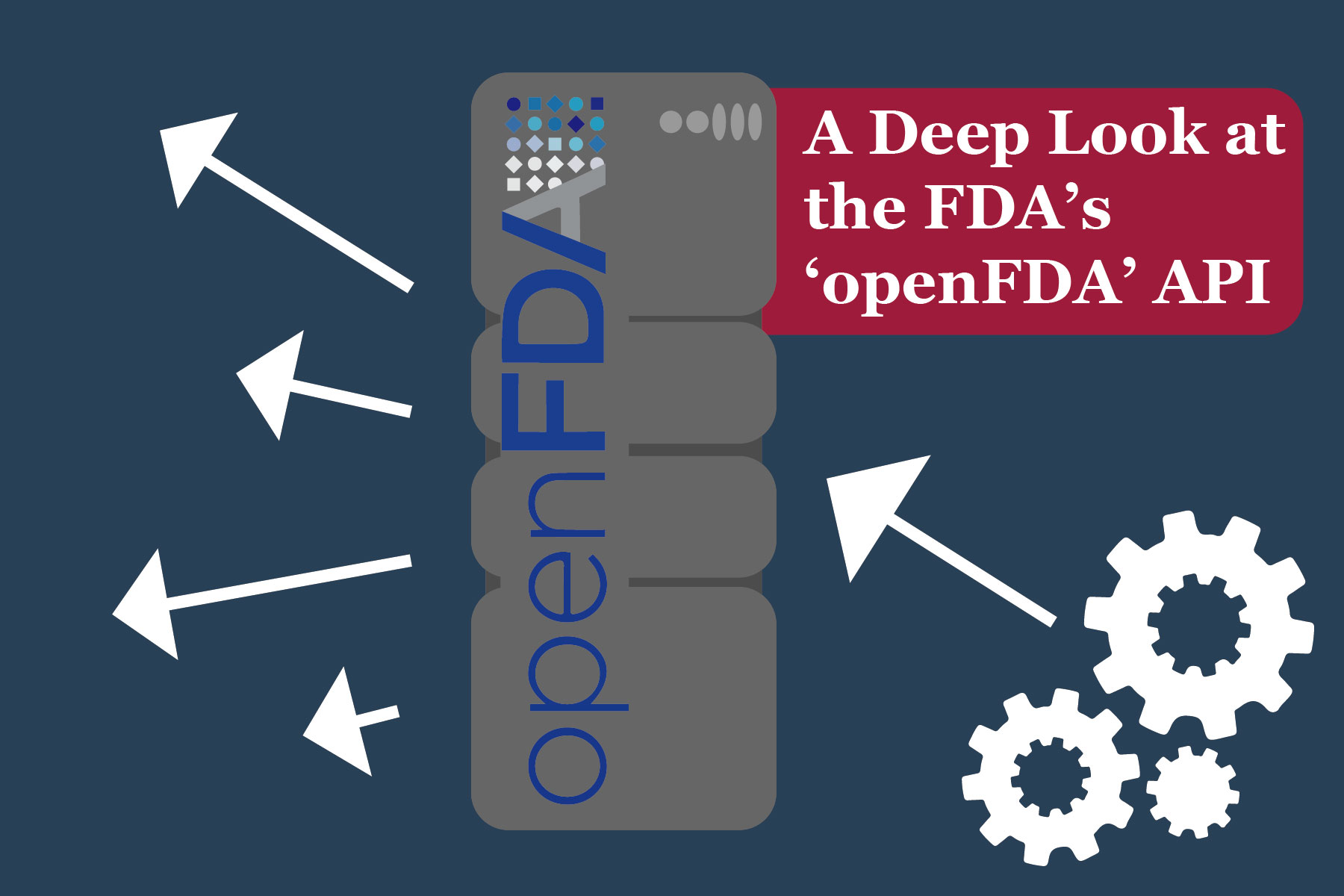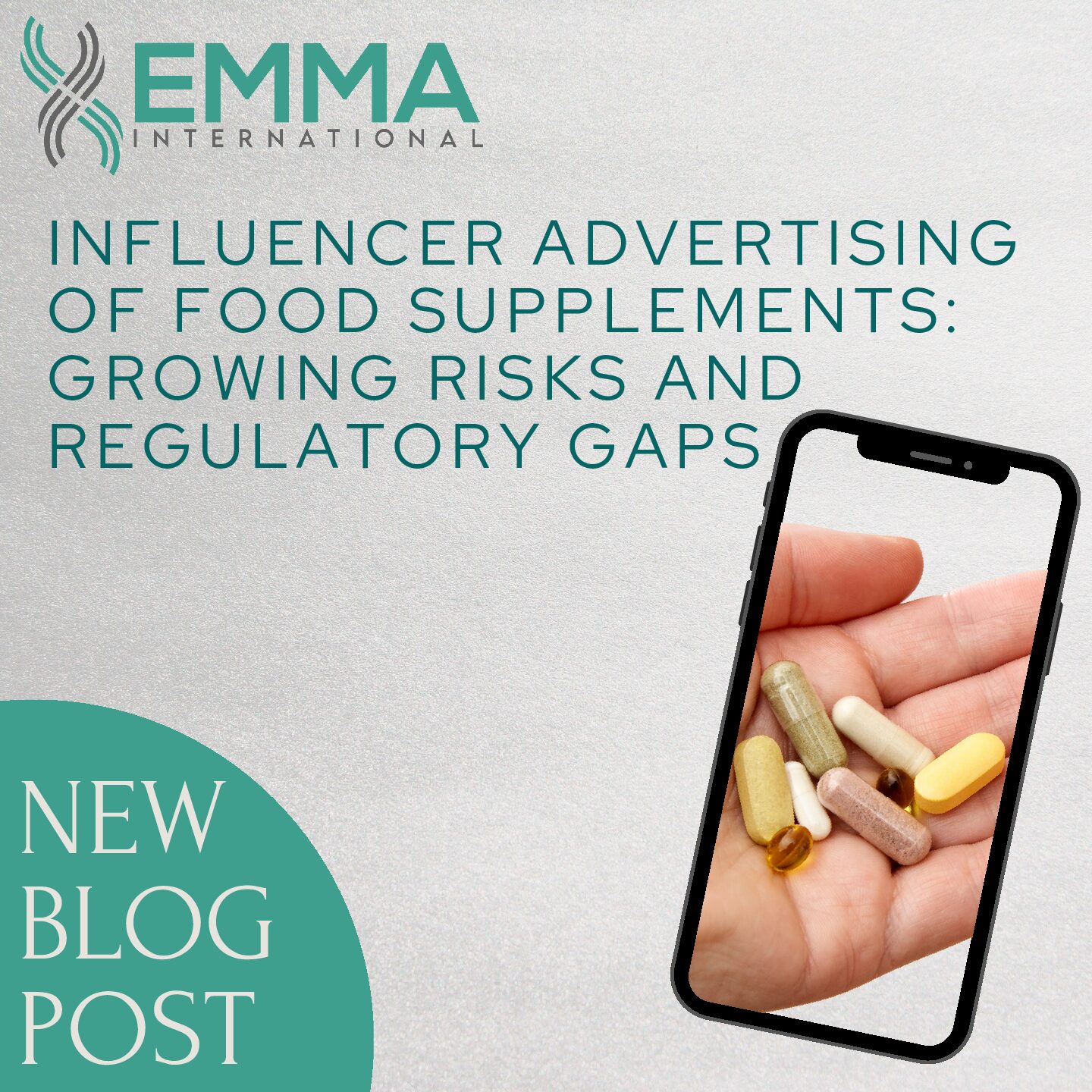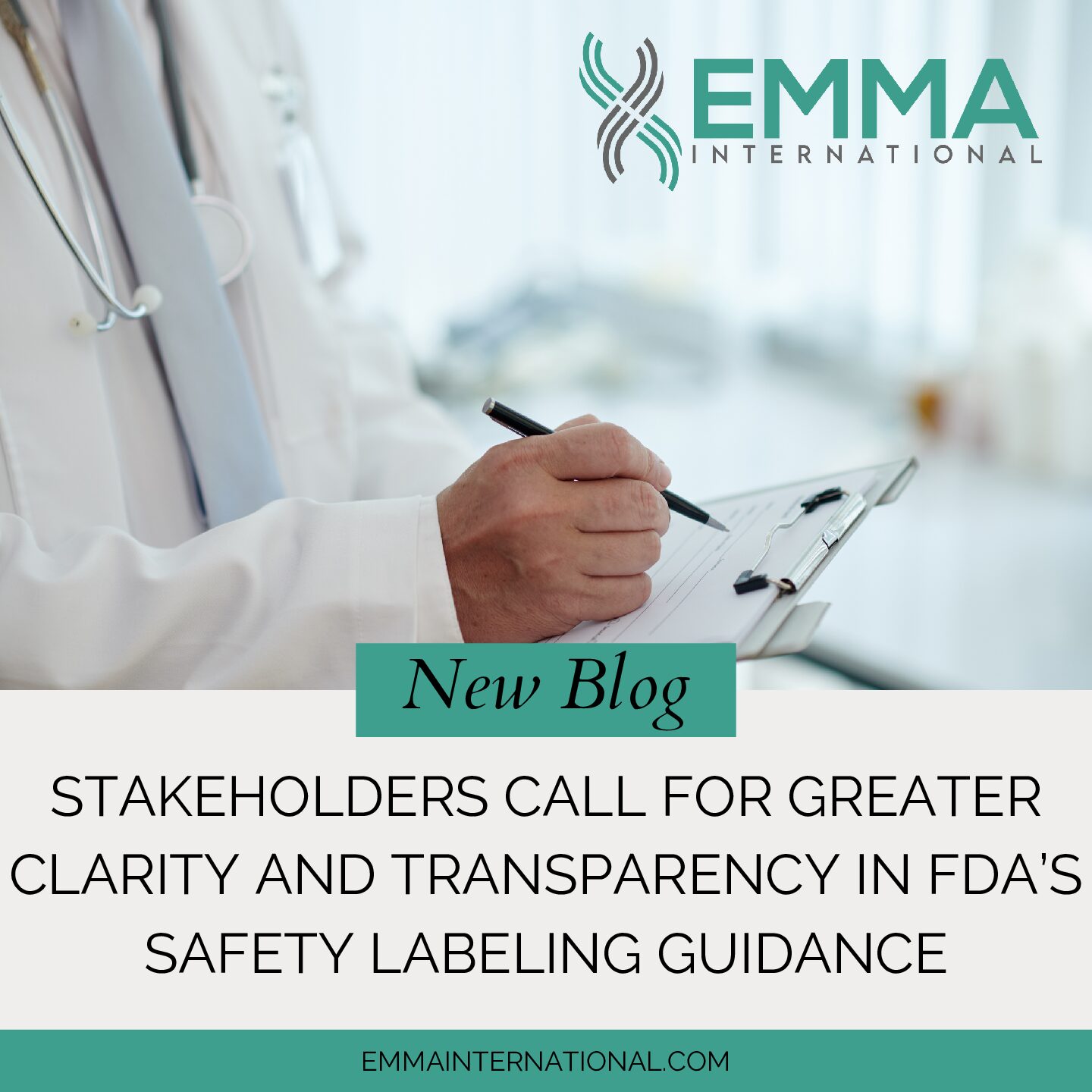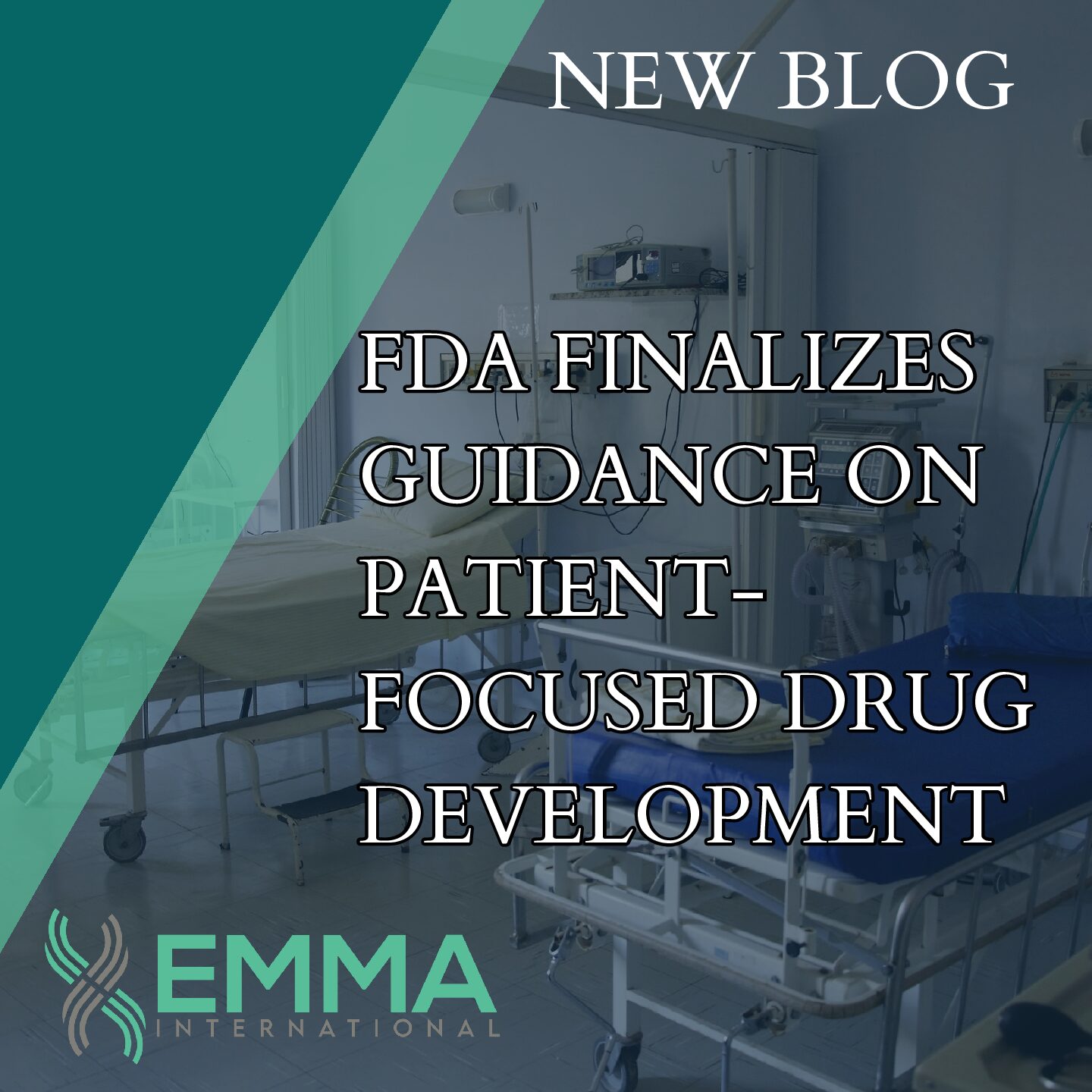The Application Programmable Interface or the API is the modern data access tool for developers. It acts like middleware or a software intermediary that allows two applications to talk to each other in terms of data. Data is an important entity for any system and the system performs accurately when it accesses live or recent data. This ability is provided by APIs where they collect and cluster recent data and provide required chunks to applications based on specific requests via public or private security keys.
The ‘openFDA’ API provides access for huge data sets of human health and medicine records. This API is built by the company, Elastic NV using the ElasticSearch services which is a highly scalable, open-source, full-text search and analytics engine.1 It offers quick and real-time storing, searching, and analyzing tools for big volumes of data. To date, the FDA has recorded 20 million API requests calls. Major data sources include:
- FAERS (FDA Adverse Event Reporting System) for drugs and selected biological products.
- SPL (Structured Product Labeling) for drugs and selected biological products.
- RES (Recall Enterprise System), primarily recall notices, and market withdrawals and safety alerts, for drugs, selected biological products, devices, and food.
- MAUDE (Manufacturer and User Device Experience), adverse event reports for medical devices.2
Also, using openFDA API, software developers and researchers can access the following:
- Human drugs labeling (more than 67,000 for drugs currently on the market)
- Human drugs reports on negative side effects (4.9 million since 2003)
- Human drugs enforcement reports (4,000 records since 2012)
- Prescription drugs including over the counter in the United States with biological therapeutics and generic drugs.
- Classification of 1,700 distinct types of devices organized into 16 medical specialties (6,000 records)
- Device registration and listing.
- Device companies and establishments registrations (24,000 records)
- Device companies’ product listings (100,000 records)
- Premarket approvals (PMAs) and approval supplements (30,000 records since 1977)
- Clearances through premarket notifications (510(k)s) and granted de novo requests (141,000 records since 1976)
- Device recalls (9,500 records since 2002)
- Food enforcement reports (8,600 records since 2012)
- Adverse event reports (4.4 million records since 1991)3
An API, itself, can be a standalone software product of the company like the Cloud Healthcare API from Google. Such APIs or software may be considered medical devices or applications and specifically as SaMDs or SiMDs. For establishing the API in the US market, it needs to comply with FDA regulatory requirements. Also, based on the class of application or device, they need to undergo clinical trials which may include device verification and validation procedures. To sum up, an API that provides health and medical services needs to be compliant with applicable regulatory and quality requirements.
Do you have an API or a software device that needs FDA approval? Our software and regulatory experts at EMMA International can help you become compliant with the regulatory requirements. Contact us at 248-987-4497 or info@emmainternational.com for additional information.
1NV, E. (2020). The heart of the free and open Elastic Stack. Retrieved from https://www.elastic.co: https://www.elastic.co/elasticsearch/
2AltexSoft. (2020, April 17). Medicine and Drug Data APIs from openFDA, DailyMed, RxNorm, GoodRx, DrugBank, First Databank, and more. Retrieved from https://www.altexsoft.com: https://www.altexsoft.com/blog/drug-data-openfda-dailymed-rxnorm-goodrx/
3 FDA. (2019, September 11). openFDA. Retrieved from fda.gov: https://www.fda.gov/science-research/health-informatics-fda/openfda





